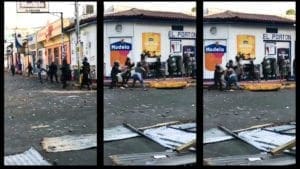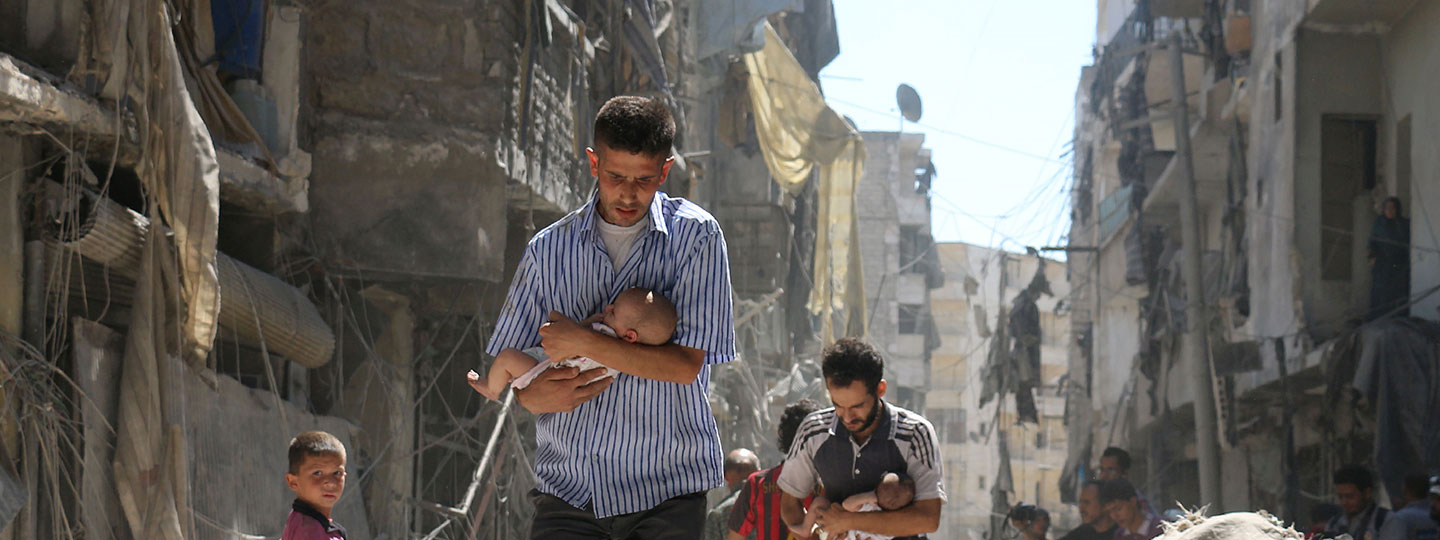Amnesty International produces reports based on rigorous and independent research. These reports document patterns of human rights abuses and provide a blueprint for change.
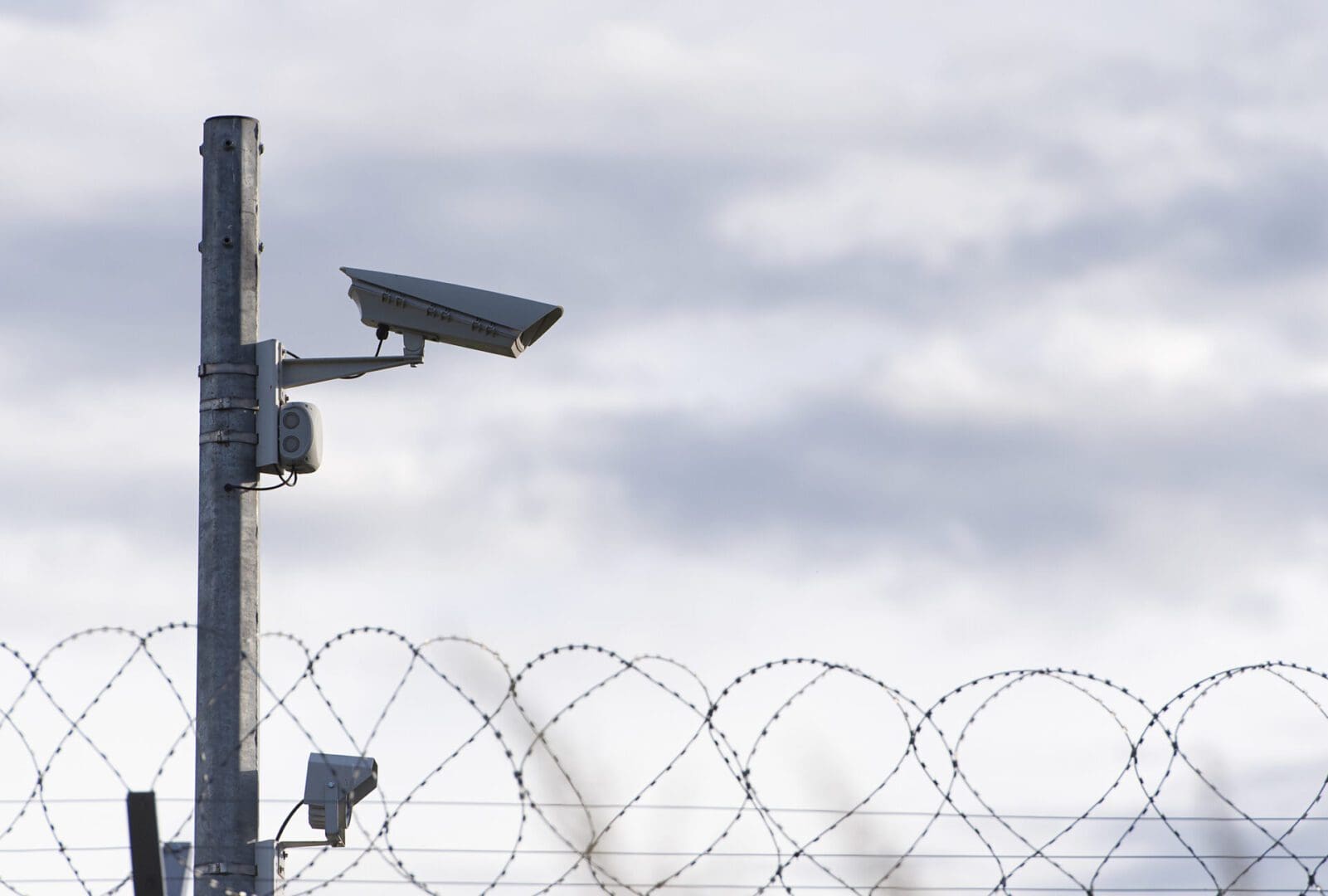
Defending the Rights of Refugees and Migrants in the Digital Age
Digital technology interventions are increasingly shaping and delivering the migration management and asylum policies of states.
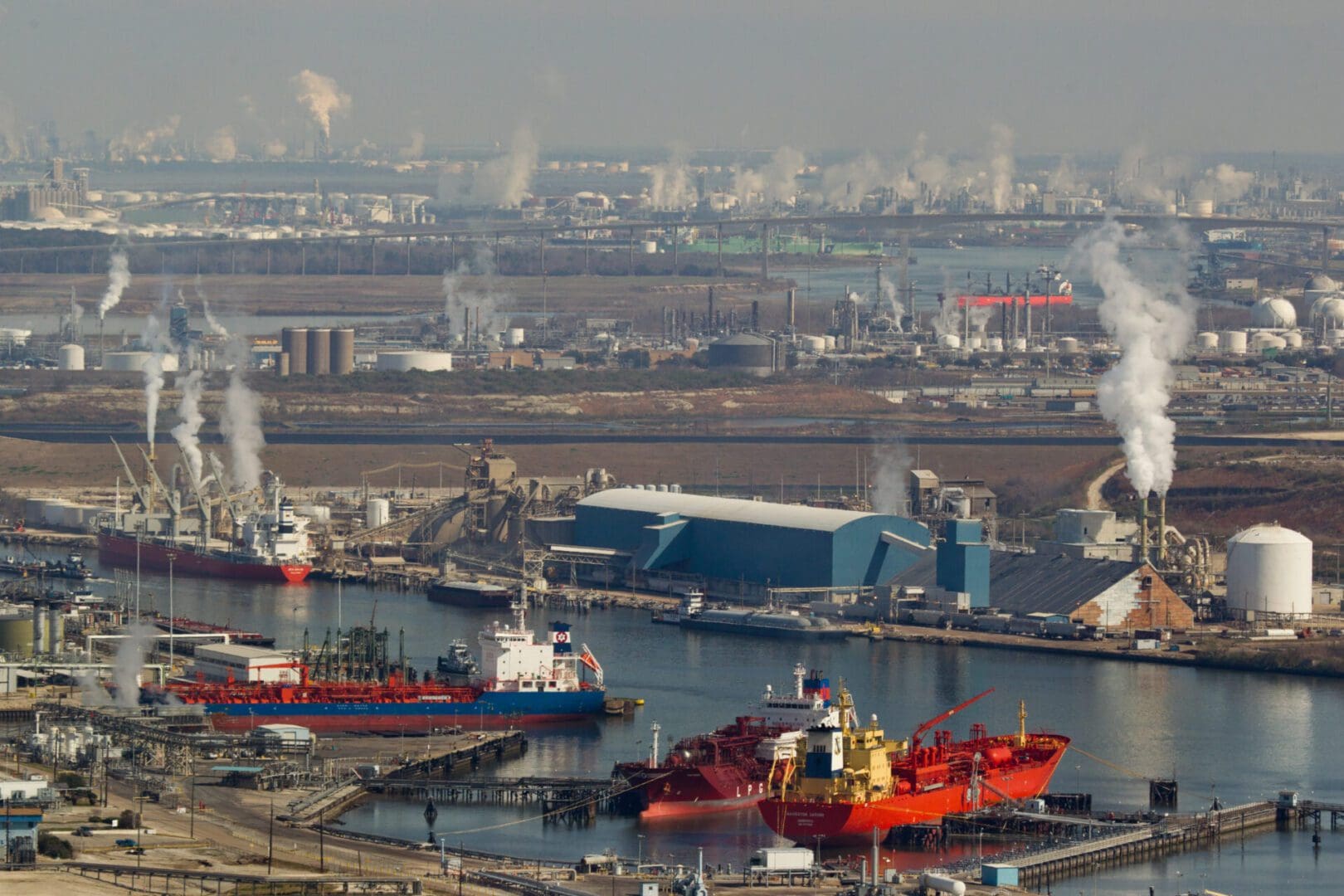
The Cost of Doing Business? The Petrochemical Industry’s Toxic Pollution in the USA
This report highlights the harms suffered by local communities from pollution emitted by the hundreds of petrochemical plants and refineries along the Houston Ship Channel in Texas.

Silicon Shadows: Venture Capital, Human Rights, and the Lack of Due Diligence
Our analysis showed that leading VC firms and start-up accelerators are critically deficient in their responsibility to conduct human rights due diligence when investing in Generative AI start-ups.
Browse Reports
Report
Disappearances and torture in southern Yemen detention facilities must be investigated as war crimes
Justice remains elusive a year after a network of secret prisons was first exposed in southern Yemen, Amnesty International said in a new report today that documents egregious violations going…
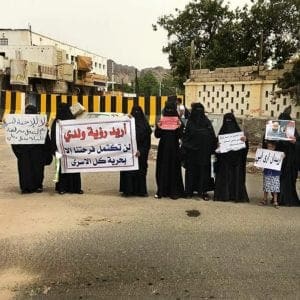
Report
Zimbabwe: Elections offer a chance to break with decades of gross human rights violations
Zimbabwe’s election at the end of the month will take place in the context of decades of politically motivated gross human rights violations, including mass killings, the forced disappearance of…
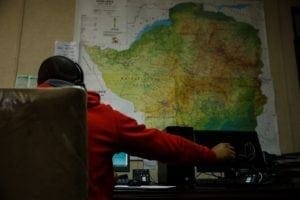
Report
Sierra Leone: New government must prioritize ending police crackdowns on peaceful protesters
The new government of Sierra Leone must start fulfilling its promises to improve the human rights situation in the country by lifting restrictions on peaceful demonstrations and ending entrenched impunity…
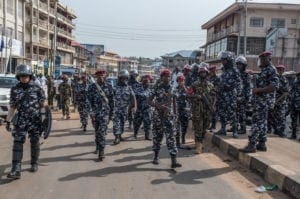
Report
Indonesia: Police and military unlawfully kill almost 100 people in Papua in eight years with near total impunity
Indonesian security forces have unlawfully killed at least 95 people in little more than eight years in the restive eastern provinces of Papua and West Papua, with the overwhelming majority of perpetrators never…
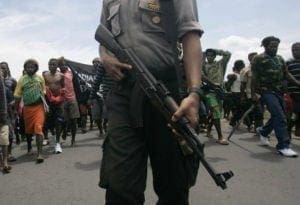
Report
End violence against people with albinism: Towards effective criminal justice for people with albinism in Malawi
The Malawian authorities must urgently overhaul the criminal justice system to protect people with albinism, who face the persistent threat of being killed for their body parts in a country where…

Report
Myanmar: Military top brass must face justice for crimes against humanity targeting Rohingya
Amnesty International has gathered extensive, credible evidence implicating Myanmar’s military Commander-in-Chief, Senior General Min Aung Hlaing, and 12 other named individuals in crimes against humanity committed during the ethnic cleansing…
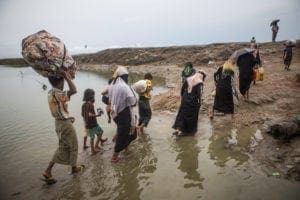
Report
Yemen: Restrictions to life-saving supplies putting millions of civilians at risk
Millions of lives are at risk because the entry of essential goods such as food, fuel and medical supplies into war-torn Yemen is being restricted by the Saudi Arabia-led coalition…
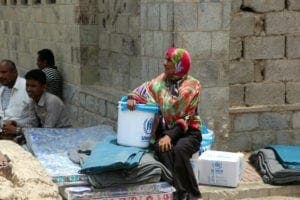
Report
Israel: African asylum-seeker deportations and “voluntary” transfers are forced and illegal
The Israeli government’s transfers of Eritrean and Sudanese asylum-seekers is cruel and illegal, Amnesty International said today, as it released a new report titled Forced and Unlawful: Israel’s Deportations of Eritrean and…
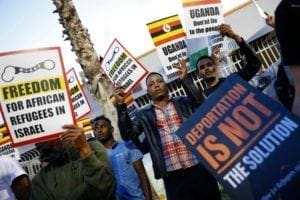
Report
Protest prohibited: Use of force and arbitrary detentions to suppress dissent in Honduras
Honduran authorities have continued to violate the human rights of people arrested during last year’s post-election protests by denying their right to due process and holding them in inhumane conditions,…
Report
Cameroon: Anglophone regions gripped by deadly violence
Armed separatists in Cameroon’s Anglophone regions have stabbed to death and shot military personnel, burned down schools and attacked teachers, while security forces have tortured people, fired on crowds and destroyed…
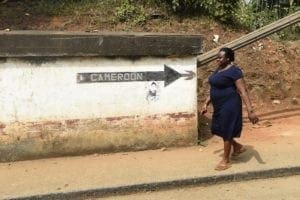
Report
Syria: Raqqa in ruins and civilians devastated after US-led ‘war of annihilation’
From amid the rubble of Raqqa, civilians are asking why US-led Coalition forces destroyed the city, killing hundreds of civilians in the process of “liberating” them from the armed group…
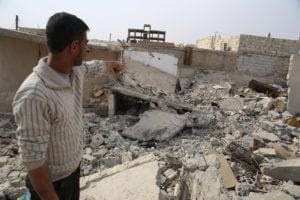
Report
Shoot to kill: Nicaragua’s strategy to suppress protest
Nicaraguan authorities have adopted a strategy of repression, characterized by the excessive use of force, extrajudicial executions, control of the media, and the use of pro-government armed groups, to crush…
